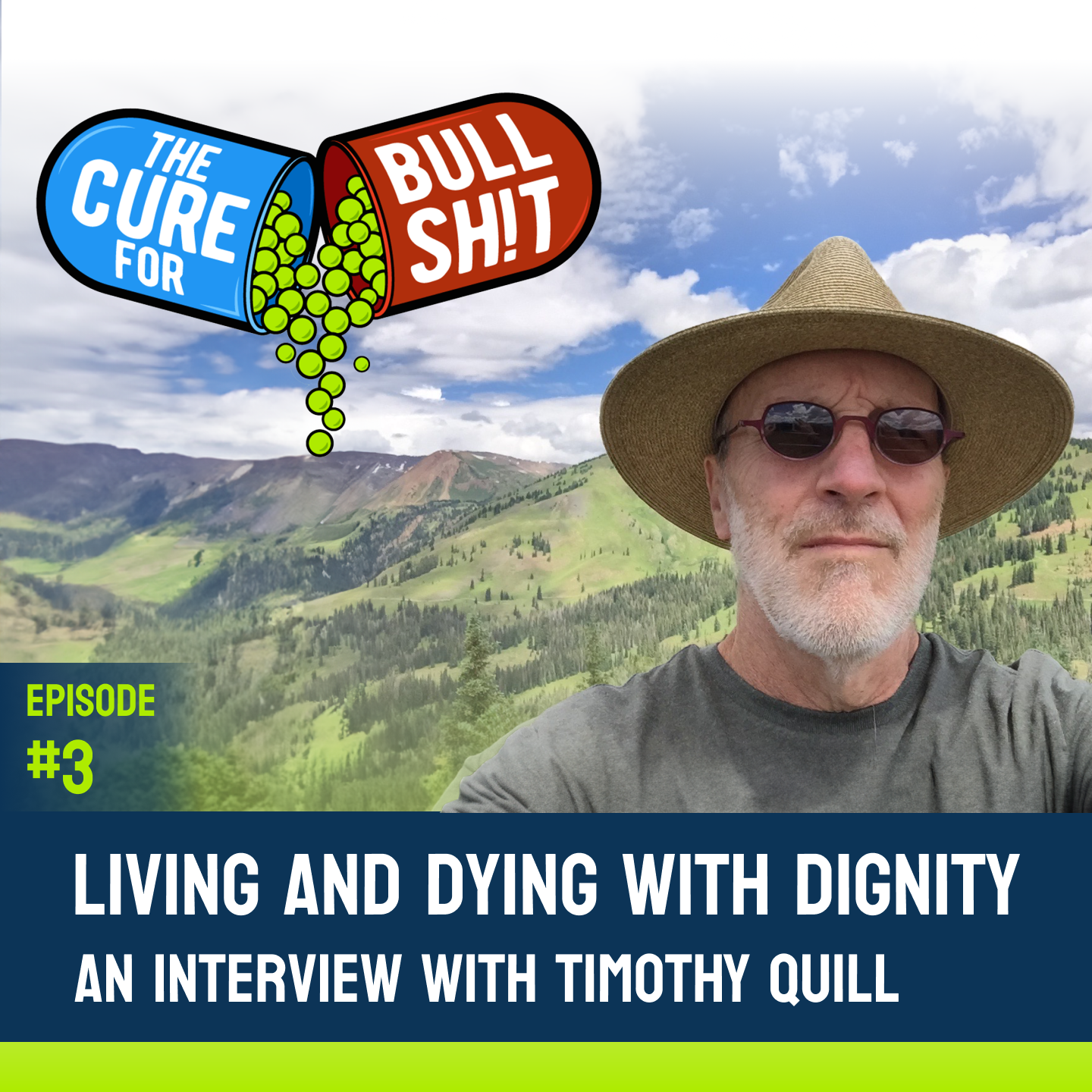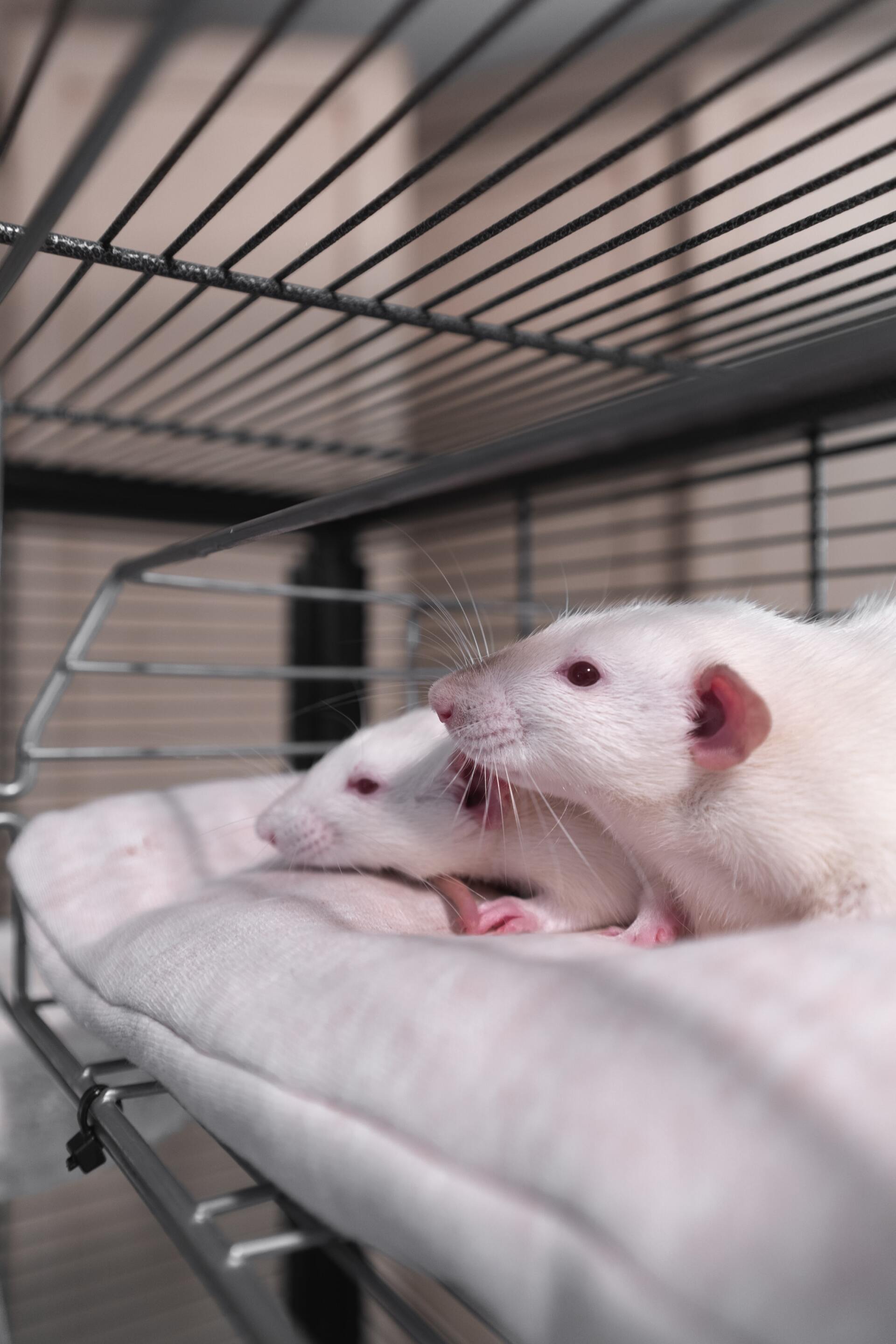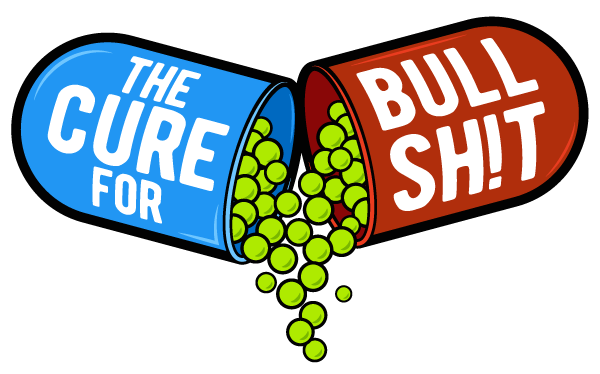
Episode 3 | RECORDED 10/14/2021
Living and dying with dignity:
an interview with Timothy Quill
Join us for an enlightening conversation with Timothy Quill, a pioneer in the field of palliative care and a driving force behind the death with dignity movement in the United States. In this episode, we delve into the profound concept of death with dignity, Dr. Quill's personal journey into the world of palliative care, and explore ways you, as our valued listeners, can incorporate these transformative ideas into your own healthcare experiences.
follow on your favorite streaming platform
2:00 - Over the course of your career, has medical bullshit gotten any better?
4:02 - What are some tricks and traps that you see people get caught in the system?
5:30 - What do you do when a patient's belief system collides with your medical guidance?
6:47 - Thoughts on miracle cures
9:10 - The power and dangers of medical technology
11:23 - What prompted you to explore palliative care?
16:40 - How have you seen the medical system either support or interfere with people having a good death? How can patients advocate for themselves?
18:46 - What exactly is hospice and when is the right time to consider it?
25:34 - Story of Timothy's patient Diane
34:16 - The ethics behind assisted death
40:33 - "Palliative options of last resort"
45:00 - Advocacy for the death with dignity movement
47:10 - What does a family member do when they find themselves in the role of a decision-maker for a loved in the hospital?
52:50 - The biopsychosocial spiritual model and discussion of spiritualism
56:30 - What in your thoughts is a prescription for reducing bullshit in the medical system?
Dr. Timothy Quill: https://www.urmc.rochester.edu/people/23067752-timothy-edward-quill
mentioned links and resources
"Doctor Says He Gave Patient Drug to Help Her Commit Suicide" by Lawrence K. Altman, Special To the New York Times
Death with Dignity Website
our guest

timothy quill, MD
Timothy E. Quill, MD, is a distinguished figure at the University of Rochester Medical Center (URMC), holding the title of Professor Emeritus in Medicine, Psychiatry, Medical Humanities, and Nursing. Dr. Quill's career spans multiple domains, including his pivotal role as a palliative care physician, accomplished author, dedicated educator, distinguished scholar, and passionate advocate. He founded the URMC Palliative Care Program, served as Past President of the American Academy of Hospice and Palliative Medicine, and made history as the lead physician plaintiff in the groundbreaking New York legal case, Quill v. Vacco, challenging the prohibition of physician-assisted death. His extensive body of work, comprising over 200 peer-reviewed articles and five influential books, including his latest release, "Voluntarily Stopping Eating and Drinking: A Compassionate, Widely Available Option for Hastening Death," reflects his unwavering commitment to advancing compassionate end-of-life care choices. Dr. Quill's enduring legacy continues to inspire and shape the landscape of healthcare.
Learn More
theme music
theme song provided by Timothy Ott and The Daily Afflictions
Check out our theme song "Prescription Kills" and more music by The Daily Afflictions on Spotify
read more about these topics







